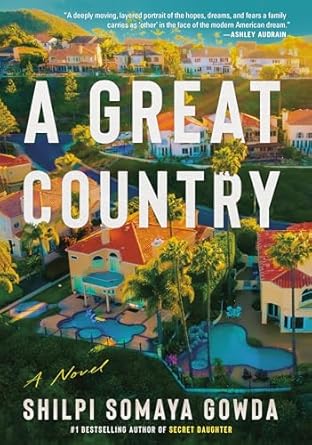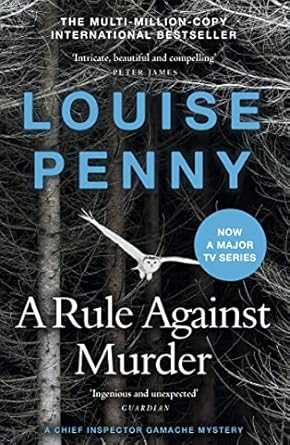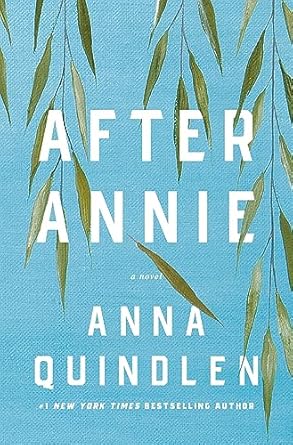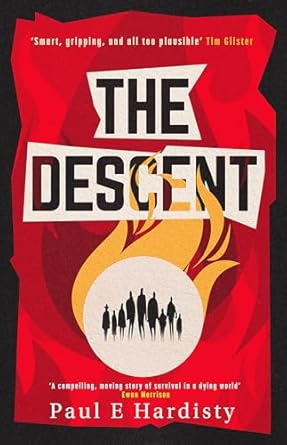3.5 Stars
Once again I was disappointed in another much-hyped book.
This novel tells the story of Black and Jewish residents of the Chicken Hill neighbourhood of Pottstown in eastern Pennsylvania in the 1920s and 30s. At the centre of the story are Moshe Ludlow and his wife Chona. Moshe is a theatre owner while Chona runs the grocery store, a gathering place for Blacks and immigrant Jews. The theatre is successful, but the store never makes a profit because Chona allows people to buy so much on credit. When the state institutionalizes a 12-year-old deaf Black boy named Dodo, the community members join forces to try and save him from Pennhurst, the notoriously abusive mental institution.
The Heaven and Earth Grocery Store serves as a motif for the theme of building community across cultures. Chicken Hill, “a tiny area of ramshackle houses and dirt roads where the town’s blacks, Jews, and immigrant whites who couldn’t afford any better lived,” is not without its tensions; even the Jewish families do not get along: “The Germans and Poles despised one another, and all feared the head of the sole Lithuanian family.” Nonetheless the divisions among the various groups do not prevent them from working together. In fact, there is an interdependence among community members. Moshe, the Jewish theatre owner, has a black man, Nate Timblin, as his assistant. Both Jewish klezmer musicians and black jazz musicians are featured. Chona’s best friend is Addie, Nate’s wife. When Nate’s nephew is threatened, both blacks and Jews work together to rescue him, and the groups also band together to get clean water to the community. Chona summarizes the message that “one’s tribe cannot be better than another tribe because they were all one tribe.”
The novel portrays the harsh truths about America’s treatment of Black and Jewish citizens. Though the white man in the American south “spoke his hatred in clear, clean, concise terms” there is also hatred in Pennsylvania where the white man “hid his hatred behind stores of wisdom and bravado, with the false smiles of sincerity and stories of Jesus Christ and other nonsense that he tossed about like confetti in the Pottstown parade.” Jews are also second-class citizens: “the rules of life were laid carefully . . . by stern Europeans who stalked the town and state like the grim reaper, with their righteous churches spouting that Jews murdered their precious Jesus Christ. . . . Americans cared about money. And power. And government. Jews had none of these things; their job was to tread lightly in the land of milk and honey and be thankful that they were free to walk the land without getting their duffs kicked – or worse.” Of course, there is no acknowledgment that those who rule the country “[live] on stolen land.”
The style of the novel will not appeal to everyone. The author excels at very lengthy sentences. For instance, “Now, with their beloved shul a pile of rubble – some of which was marble, having come from a stone quarry in Carrara, Italy, and bought at a ridiculous price by Norman Skrupskelis, since it was to be used for the woman’s mikvah to be named in honor of his late mother, Yvette Hurlbutt Nezefky Skrupskelis, whom no one had ever seen since she died in Europe in a town whose name was so complex that the Germans called it Thumb-in-Your-Nose – the congregation faced its first real crisis.”
Then there are so many characters, almost like in a Dickens novel, and each, even the minor ones, is given a detailed backstory. This lack of focus sometimes makes it difficult to know who will be play an important role. The point of view skips from character to character, though always in the third person. There are several plots, though they do overlap. Unfortunately, this means that repetitions do occur. Digressions are common; for instance, the ancestry of the town’s doctor is traced back to “a manservant for Chinese emperor Chaing Kai Wu in Monashu Province in 1774.” Some of these tangents seem overly long and purposeless and they affect the pacing.
In fact, I found pacing a problem. The novel begins slowly and with its digressions feels disconnected and meandering. Only after the introduction of Dodo is there some feeling of cohesion. Some characters’ backstories are very detailed, yet Nate’s past is described belatedly and rather vaguely when more information, given Nate’s significance throughout, would be appropriate.
Then there are the intrusions of a lecturing 21st-century voice which speaks of the people of Chicken Hill moving “into a future of American nothing. It was a future they couldn’t quite see, where the richness of all they had brought to the great land of promise would one day be zapped into nothing, the glorious tapestry of their history boiled down to a series of ten-second TV commercials, empty holidays, and sports games filled with the patriotic fluff of red, white, and blue, the celebrants cheering the accompanying dazzle without any idea of the horrible struggles and proud pasts of their forebears.” This voice continues to describe “an American future that would one day scramble their proud histories like eggs, scattering them among the population while feeding mental junk to the populace on devices . . . that fit in one’s pocket and went zip, zap, and zilch . . . a device that children of the future would clamor for and become addicted to, a device that fed them their oppression disguised as free thought.” This heavy-handed speechifying is unnecessary.
This is not a bad book; I just didn’t find it as entertaining and outstanding as many other readers. I appreciate the author’s writing skill and liked his celebration of cross-cultural solidarity, but I wasn’t left in awe. Perhaps I shouldn’t admit it, but I find that a lot of American literature is over-hyped so that I inevitably end up disappointed.



















